
PRODUCTS
01-07-2020 di redazione
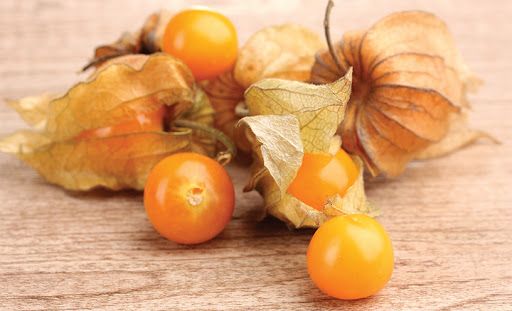
To us at Watamukenya.net lately it happened to see them peeled and eaten by some women around the Galana River, but it is present on Lake Victoria and a little bit in all the green areas of Kenya.
In Kenyan supermarkets and the most quoted greengrocers it is not easy to find them, if not already in the form of clean and packaged berries.
We are talking about the alchechengi or alchechengio (here in Kenya we use the English word: Cape Gooseberries) or the fruit of the perennial plant Physalis Alkekengi which belongs to the Solanaceae family such as tomato and potato.
They are small berries that look like cherry tomatoes, gathered in a shell of very thin leaves reminiscent of a lantern, in fact it is known by many as the "Chinese lantern plant". Its name in fact derives from the Arabic word '' al-kakang'' which means prorpio lantern.
Originally from Asia, it is now easy to find crops in Kenya (those who speak the Luo language know it as Nyamtonglo, while the Kikuyu call it Nathi, Kisii Chinsobosobo and Kamba Ngondu) and throughout Central Africa.
The Alchechengi can be eaten as it is, the important thing is to remove the wrapping in which the berries are found. The leaves that cover it are in fact inedible as they contain high doses of solanine, a toxic substance. It contains a very large amount of vitamin C, citric acid, tannin and sugar. Thanks to the presence within it of Vitamin C and other active ingredients that promote the well-being of the immune system, these fruits are also useful to keep away seasonal ailments as well as other types of infections such as cystitis. As we know, moreover, this vitamin is able to help the body in case of colds, flu, etc., favouring a faster healing. This is why Alchechengi can be considered a bit like a natural aspirin. The berries are yellow-orange, they look like small tomatoes, they don't contain much juice and have a slightly acidic taste that reminds a bit of tomato and raspberry but also of citrus fruits. From the berries you can make an excellent jam and it is a real delicacy if covered with chocolate. They can be eaten alone or added to salads, if dried slightly you can put pickles or in brine. The alchechengi is also very decorative: just turn the orange berry over and keep the thin skin similar to rice paper that covers the fruit. The resulting shape is very suggestive and can really be an elegant touch to embellish fruit salads, desserts and cakes.
Translated with www.DeepL.com/Translator (free version)
RECIPES
di redazione
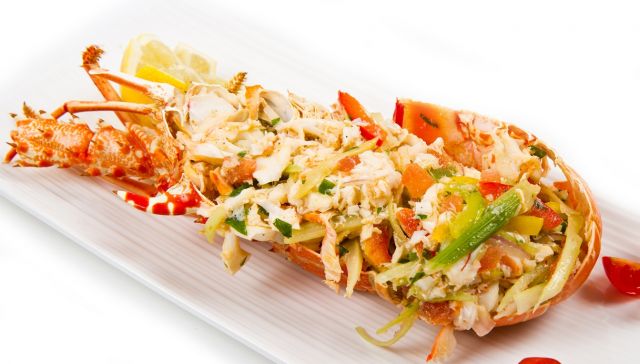
On the African shores of the Indian Ocean, combining fish with fruit is not a gamble, but a pleasant contrast.
On the other hand, if the fish fauna goes so well with lemon, why not also dare with passion fruit,...
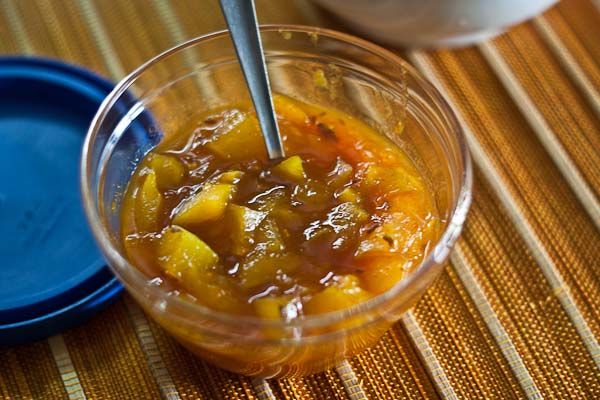
Chutney is a typical English sweet and sour sauce made with fruit or green tomatoes. It is excellent as a sauce to flavor meat and fish foods....
CURIOSITY
di redazione
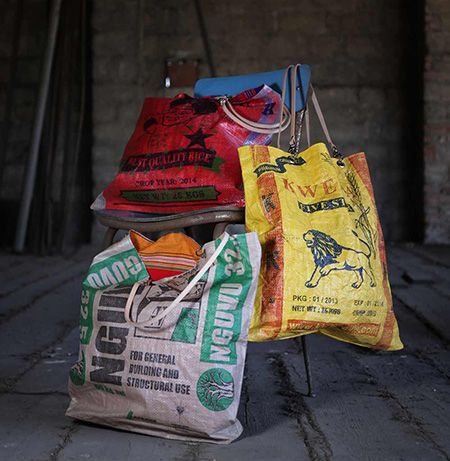
Virgola is one of the most well-known and important Italian brands in the hairdressing arena and its historical founder and owner Rinaldo Rampon is a love of Kenya.
For years he has watched Watamu and his beaches, but not only.
LIFE IN KENYA
di redazione

How much does it really cost to live in Malindi and Watamu without working?
How much can a pensioner or someone who has an income live on while savouring the dolce far niente?
Considering the overwhelming return of the desire...

For those preparing to travel to Kenya, a review of the international rules for importing items, objects, products and personal effects in suitcases from abroad into the African country is...
PLACES
di redazione
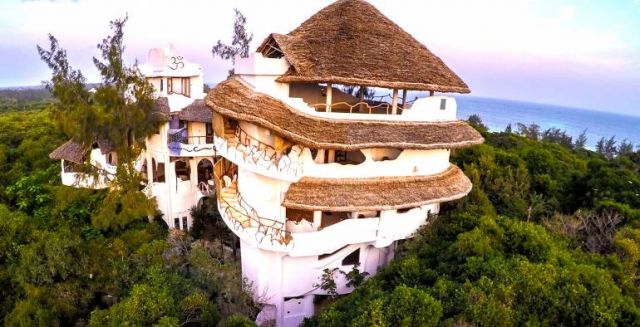
Put a magnificent structure that looks like a tower designed by Gaudi in the middle of the virgin forest of Watamu, about a hundred meters from the ocean and the white long beach between Turtle Bay and Garoda.
FOOD AND NATURE
di redazione
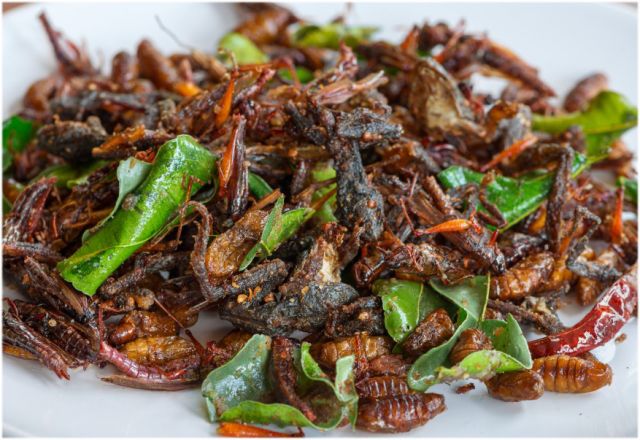
Termites are a staple food in the country's northwestern regions during the rainy season, cooked in households and fried in street stalls. A delicacy for young people and an important source of...
NATURE
di redazione
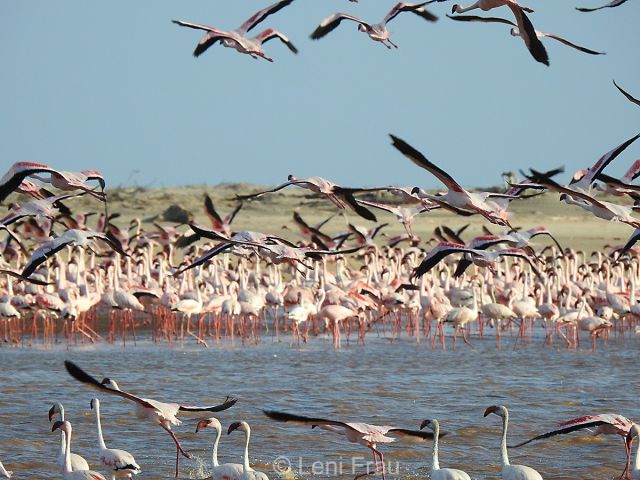
It is one of the most precious assets of Malindi, Watamu and the entire Kenyan coast, and certainly one of the most undervalued because of its ecosystem and its potential for nature conservation.
PRODUCTS
di redazione
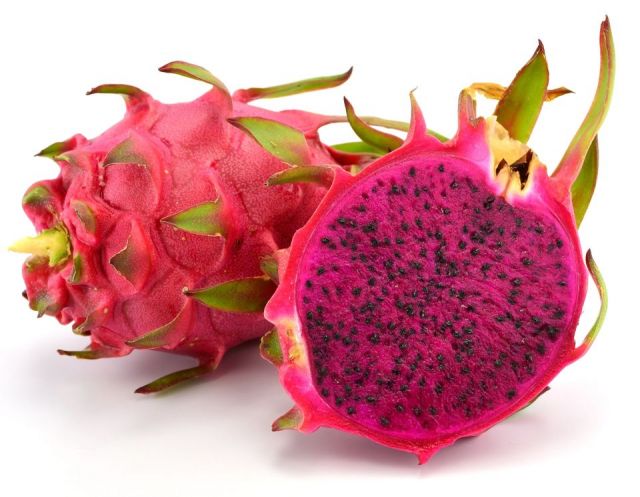
The Dragon Fruit or Pitaya is a tropical fruit belonging to the Cactacaceae family, like the prickly pear. Although it is native to Central and South America, it is now particularly common in Asia and tropical countries where the climate...
NATURE
di redazione
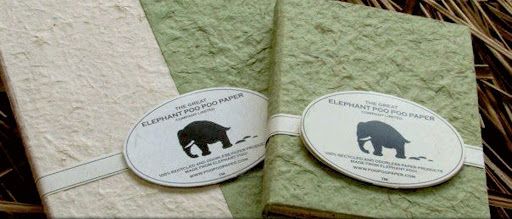
The elephant, as well as a species to be protected for its precious tusks, can increasingly prove to be a friend of man and Nature.
Certainly the biggest, but also the most useful in things you would not expect. A...